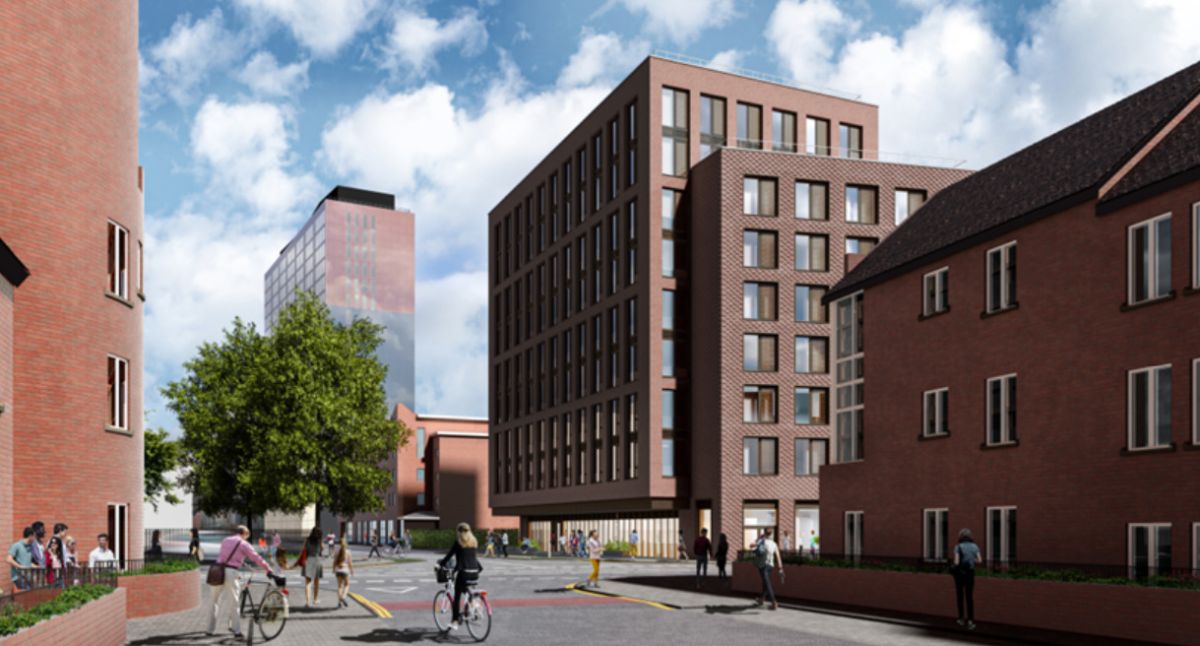Plans for new student accommodation in Hulme rejected for the fourth time

Plans for a new nine-storey block of student accommodation to be built in Hulme have been rejected for the fourth time.
Manchester City Council’s planning committee’s verdict was delivered on October 16 and is the latest in the three-year-long feud between students, Hulme residents, and the council.
The application was refused on the premise that there would be an “imbalance of student numbers in a traditional residential area.”
The accommodation had planned to host 146 beds. The site – previously that of the Gamecock pub, which shut in the 2000s – is an 11-minute walk from the Students’ Union.
Rent for the “units” would cost between £110 and £230.
Since the developer Curlew began planning proposals, there has been heavy opposition amongst local residents to the student housing development.
Students’ Union societies – including the Manchester Student Renters Union, Manchester Labour Students, University of Manchester [Taylor] Swift Society, University of Manchester Rent Strike, and Manchester Leftist Action- have also begun protesting the accommodation.
A coalition of University societies and students have formed a Google petition, which states that the “negative impact on the local community would far outweigh the need for student housing.”

Members of the ongoing “Block the Block” campaign have also proposed alternative building projects and solutions for the site, such as a seven-storey building which would “avoid loss of heat and sun from our flats and our gardens.”
Local residents have submitted their concerns about the proposals. Concerns address the fact that the student accommodation is being built in a residential area, that it is too high, and that the proposed site is the land of a former pub.
Hulme residents published a collective article in 2020, stating that “everyone we have spoken to (including local business owners and health care professionals) is against this development.”
The building of the student accommodation has faced continuous modification. In 2022, it was proposed that a 13-storey building, comprised of 261 flats, was to be built. This was then cut to 11 storeys, accommodating just under 200 students.
In the most recent planning application, this has been scaled back to nine storeys.







